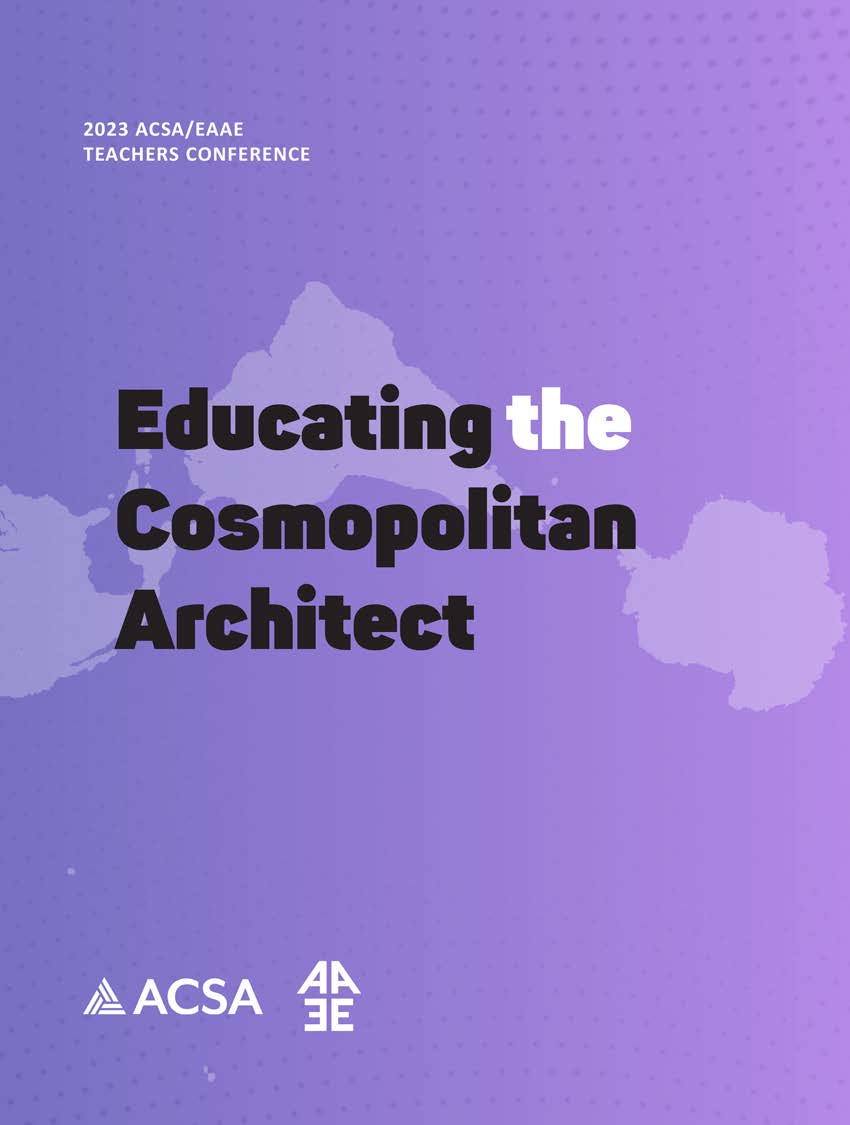Author(s): Michele L. Pride, Mark Childs & Catherine Page Harris
How can design studios explore, debate, and address social inequities, shift perspectives, and facilitate change—among students, faculty, and decision-makers? This paper describes methods/strategies for students and faculty to foster empathy, develop professional skills, and generate community-driven design responses through the experience of the Design and Planning Assistance Center (DPAC) at the University of New Mexico. The DPAC Studio incorporates direct community engagement, interdisciplinary collaboration, focused design problems, and systems-level strategies. Graduate students develop skills in connecting and working with each other and with community stakeholders, they come to value their own and others’ time and knowledge, and stakeholders are engaged in ways that benefit both their communities and student learning. This paper focuses on five pedagogical tools that we’ve found productive in facilitating the skills of connection, respect, student learning, and supporting reciprocal partnerships with community champions: • Direct engagement with people, places, and ideas, through Issues Forums and • Volunteering and “showing up” in the community • Worldviews exercises • Respect (and compensation) for community and student time & expertise • Design as Synthesis & Dialogue This paper articulates these tools with examples from recent iterations of the DPAC design studio. Through the DPAC Studio and all our work, we ask, “What design solutions lie at the intersection of conflicting interests within our communities?” These projects demonstrate the potential advocacy role for design education and the agency of design to support underserved and marginalized populations, while the pedagogical strategies/tools help deliver on this potential for communities and students. Further, we point to how these strategies and the DPAC Studio generally promote the “Shared Values of the Profession” and performance criteria specified in the 2020 NAAB Conditions (NAAB 2020i). As this studio involves landscape architecture and planning students, along with architecture students, we look to PAB and LAAB for guidance as well, including addressing “contemporary environmental, public policy, social justice, and design issues” (PAB 2022, LAAB 2021).
https://doi.org/10.35483/ACSA.Teach.2023.34
Volume Editors
Massimo Santanicchia
ISBN
978-1-944214-44-9

 Study Architecture
Study Architecture  ProPEL
ProPEL 
